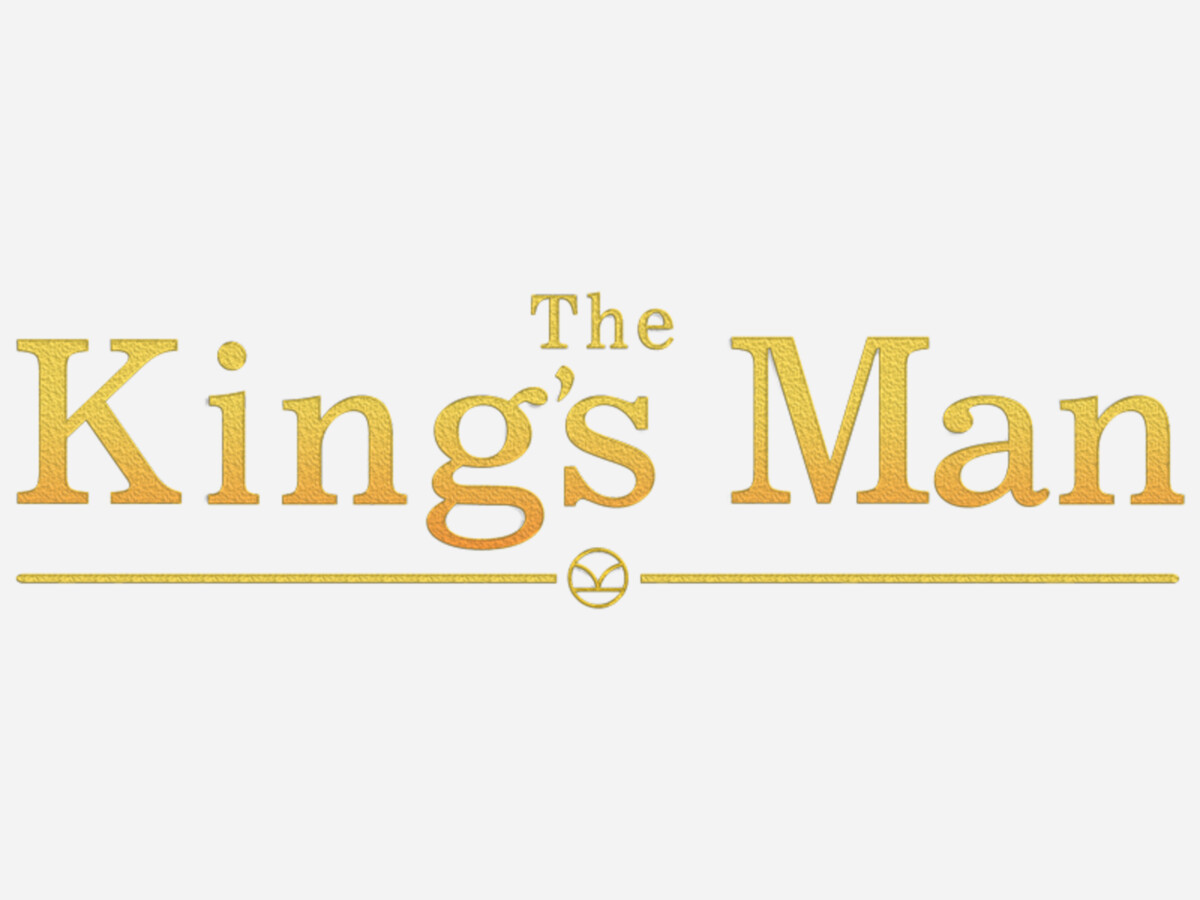Image

When Kingsman: The Secret Service came out in 2015, it shocked audiences with its riff on the standard James Bond-style spy story. It featured kinetic action sequences that were both well directed and choreographed as well as a visual style that was unique and interesting. Kingsman: The Golden Circle blew all this up, both literally and figuratively, and replaced the titular spy organization with their American counterparts. Despite doing this, the sequel kept the action and the stylistic choices making a movie that was still enjoyable, even if the quality was not as high as the original. The King’s Man abandons all that made the first two great and rounds off the film with a nonsensical plot.
To be fair, there is an action sequence in this movie that is as well shot as say the church sequence in the first movie or Pedro Pascal’s fight in the Alps in the second movie. There is a fight between Rasputin (Rhys Ifans) and Conrad (Harris Dickinson), Orlando (Ralph Fiennes), and Shola (Djimon Hounsou) that is very fun and choreographed very well. The rest of the action sequences in this movie fall flat however and never quite hit that high again.
The plot is where the movie falls apart, however. The general idea of the movie is that a Scottish national who is angry at the treatment of Scotland by Britain drives a wedge between the Czar of Russia, the Kaiser of Germany, and the King of England to start a global conflict that would ultimately lead to the demise of the British Empire. Minus the puppeteer who is pulling the strings to start and fan the flames of conflict, this film is a pretty accurate representation of a portion of the global political issues that led to World War I. He enlists the help of notable people from history to help him out in this endeavor including Mata Hari, Gavrilo Princip, Rasputin, Erik Jan Hanussen and Vladimir Lenin.
This is where the problems begin to arise. For starters, if the shadowy “Shephard” can control all these people from all over the world to bend to his bidding, it would stand to reason that starting a global conflict where this many things can go wrong and lead to the plan failing would not be Plan A. His plan is so specific that it involves Russia joining the war and then leaving the war to the point where, should Rasputin be unsuccessful, he just has Lenin in his back pocket as a contingency. The fact that he is this smart but at the same time can’t see how the now infamous Zimmerman Telegram could backfire and ruin the whole plan is just plot convenience and not even portrayed as arrogance.
Then comes the fact that there are two interesting thematic ideas that are alluded to, not expanded on, but both of which would have made the movie more interesting. The movie plays with the idea that everyone in “the Flock” who works for “the Shephard” has the direct ear of someone in power while the proto-Kingsman’s intelligence network is made up of maids, housekeepers, waitstaff, and nannies who are designed to blend into their work environments and not be seen. This could have been explored more in depth to show the difference between what can be done by those who are perceived to have all the power compared to those who are perceived to have none. The other major theme is that the catalyst for the conflict, both the war itself and the provocations by “the Shephard” are British colonialism but this is not reflected in the movie at all. Had either of these just been ignored they would have been easy to brush off but because both are mentioned explicitly exactly once, it cannot be ignored and it becomes a conscious decision not to cover these topics. Had even one of them been addressed, it would have made the movie more watchable because it would have added some weight to the plot.
Final Rating: 5/10